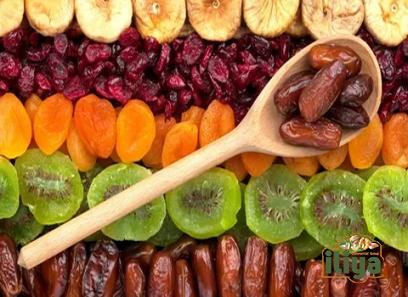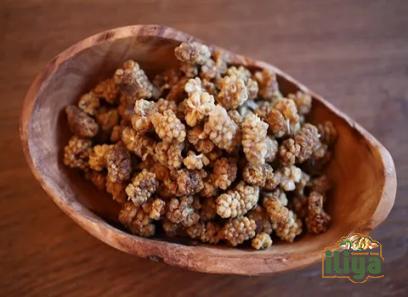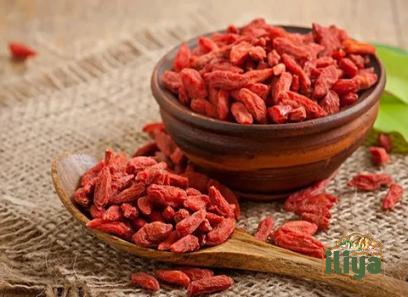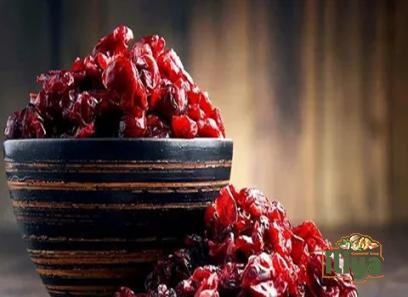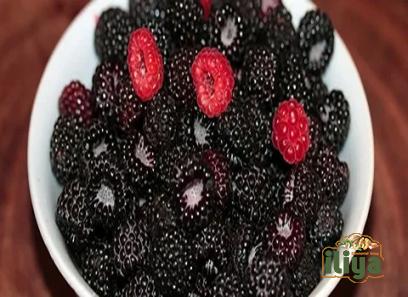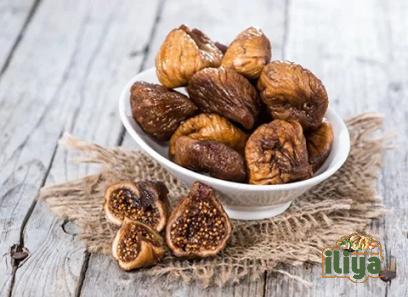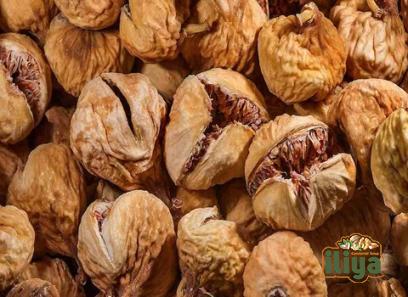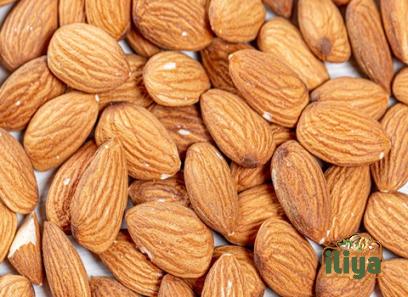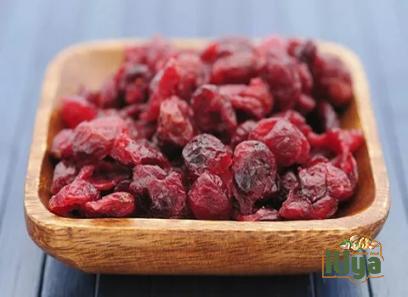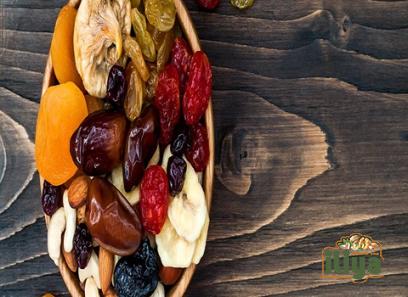Cashews are one of the most popular nuts globally, valued for their rich flavor, versatility, and health benefits. With its ever-increasing demand, cashew exports have witnessed significant growth over the years. In this article, we will explore the top cashew exporting countries, highlighting their production capabilities, export trends, and market dominance.
1. Vietnam:
Vietnam holds the top spot as the leading cashew exporting country globally. The country’s tropical climate and favorable soil conditions make it ideal for cashew cultivation. Vietnam’s cashew industry has experienced exponential growth, driven by a combination of factors such as high production volume, advanced processing technology, and competitive prices. Vietnamese cashews are known for their excellent quality and often fetch premium prices in international markets. The country’s strong infrastructure and well-established supply chain contribute to its dominance in the global cashew market.
2. India:
India is the second-largest cashew exporter globally, known for its vast production capacity and competitive pricing. The country has a long-standing tradition of cashew cultivation and processing, with several cashew-producing states such as Maharashtra, Goa, and Kerala. India’s favorable climate, large-scale farming operations, and skilled labor force contribute to its prominence in the global cashew trade. The Indian cashew industry also benefits from strong government support and initiatives to boost exports. Indian cashews are widely sought after for their excellent taste and consistent quality.
3. Ivory Coast:
Ivory Coast, also known as Côte d’Ivoire, holds the third position as a major cashew exporting country. The country is blessed with suitable climatic conditions and abundant arable land, making it conducive for cashew cultivation. Ivory Coast’s cashew industry has experienced steady growth, driven by increasing investment in infrastructure, improved farming techniques, and enhanced processing capabilities. The country’s cashew exports are known for their superior quality and competitive pricing, catering to the rising global demand.
4. Brazil:
Brazil is another significant player in the global cashew export market. Although primarily known for its coffee and tropical fruits, Brazil has gradually emerged as a key cashew exporter. Brazilian cashews are recognized for their distinct flavor profile and high nutritional value. The country’s cashew industry benefits from favorable climatic conditions, particularly in the northeast region, and advanced agricultural practices. Brazil has been steadily increasing cashew production and creating a presence in the global market with a focus on organic and sustainable farming methods.
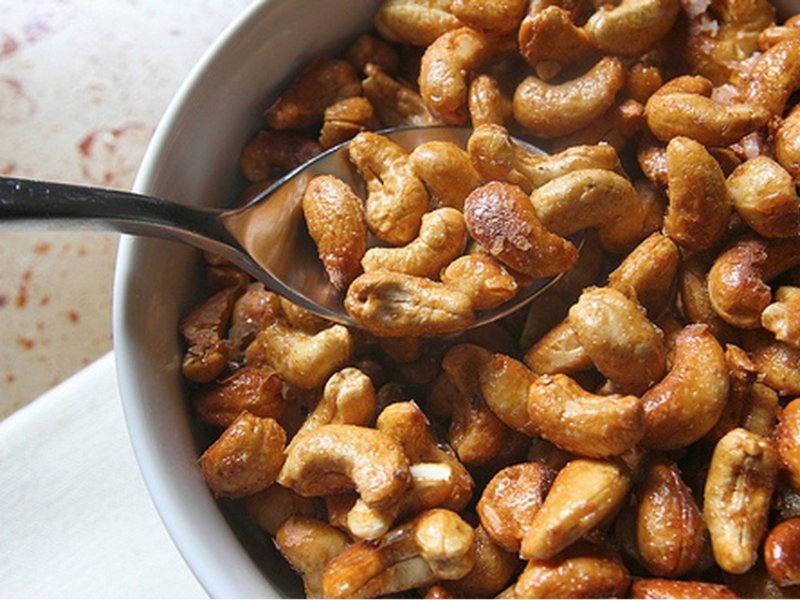
5. Nigeria:
Nigeria ranks among the top cashew exporters globally, leveraging its arable land and favorable climate for cashew cultivation. The country’s cashew sector has experienced substantial growth, propelled by increased investment in processing facilities, improved cultivation techniques, and government support. Nigeria’s cashew exports are known for their high quality and unique flavor profiles. With ongoing efforts to enhance value-addition and expand global market reach, Nigeria’s cashew industry is poised for further growth.
6. Benin:
Benin, a small West African country, has witnessed significant growth in cashew exports in recent years. The country benefits from a climate suitable for cashew production and a strong agricultural tradition. Benin’s cashew industry has positioned itself as a reliable supplier of high-quality cashews to global markets. The government’s focus on agricultural diversification and infrastructure development has further contributed to the sector’s expansion.
7. Guinea-Bissau:
Guinea-Bissau is a key player in the global cashew export market. The country’s cashew industry has seen substantial growth, driven by favorable climatic conditions, fertile soil, and supportive government policies. Guinea-Bissau’s cashew exports are known for their unique taste and consistent quality. The cashew sector plays a vital role in the country’s economy, providing employment opportunities and boosting rural development.
Conclusion:
The top cashew exporting countries mentioned above contribute significantly to meeting the global demand for cashews. Vietnam leads the pack, followed by India, Ivory Coast, Brazil, Nigeria, Benin, and Guinea-Bissau. These nations leverage their favorable climatic conditions, advanced processing techniques, and emphasis on quality to establish a strong presence in the global cashew trade. As the demand for cashews continues to grow, these countries are poised to maintain or increase their market dominance and export volumes, ensuring a steady supply of this popular nut around the world.Title: Key Insights on the Top Cashew Exporting Countries
Introduction:
Cashews are one of the most popular nuts globally, valued for their rich flavor, versatility, and health benefits. With its ever-increasing demand, cashew exports have witnessed significant growth over the years. In this article, we will explore the top cashew exporting countries, highlighting their production capabilities, export trends, and market dominance.
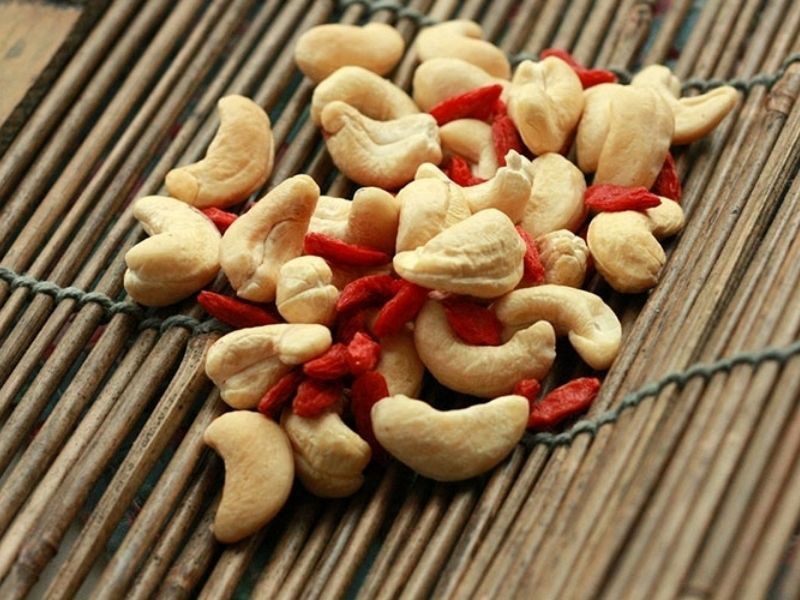
1. Vietnam: A Dominant Force in the Global Cashew Market
Vietnam holds the top spot as the leading cashew exporting country globally. The country’s tropical climate and favorable soil conditions make it ideal for cashew cultivation. Vietnam’s cashew industry has experienced exponential growth, driven by a combination of factors such as high production volume, advanced processing technology, and competitive prices. Vietnamese cashews are known for their excellent quality and often fetch premium prices in international markets. The country’s strong infrastructure and well-established supply chain contribute to its dominance in the global cashew market.
Vietnam’s success in the cashew industry can be attributed to its focus on value addition. The country has invested heavily in processing facilities, enabling it to offer a wide range of cashew products, including roasted cashews, cashew butter, and cashew-based snacks. Vietnamese exporters have also cultivated strong relationships with international buyers, ensuring a consistent supply and meeting the specific quality requirements of different markets.
2. India: Harnessing Vast Potential in Cashew Export
India is the second-largest cashew exporter globally, known for its vast production capacity and competitive pricing. The country has a long-standing tradition of cashew cultivation and processing, with several cashew-producing states such as Maharashtra, Goa, and Kerala. India’s favorable climate, large-scale farming operations, and skilled labor force contribute to its prominence in the global cashew trade.
The Indian cashew industry takes advantage of its strong backward integration, with many exporters also involved in cashew farming and processing. This integration allows for better quality control, traceability, and cost efficiency. The industry also benefits from strong government support and initiatives to boost exports. India has implemented various quality testing and certification standards to ensure its cashews meet international food safety regulations.
3. Ivory Coast: A Growing Player in the Cashew Export Market
Ivory Coast, also known as Côte d’Ivoire, holds the third position as a major cashew exporting country. The country is blessed with suitable climatic conditions and abundant arable land, making it conducive for cashew cultivation. Ivory Coast’s cashew industry has experienced steady growth, driven by increasing investment in infrastructure, improved farming techniques, and enhanced processing capabilities.
The government of Ivory Coast has actively supported the cashew sector, implementing policies and initiatives to boost production and exports. Efforts have been made to modernize cashew processing facilities, improve marketing strategies, and promote value addition. The country’s cashew exports are known for their superior quality and competitive pricing, catering to the rising global demand.
4. Brazil: Emergence as a Key Cashew Exporter
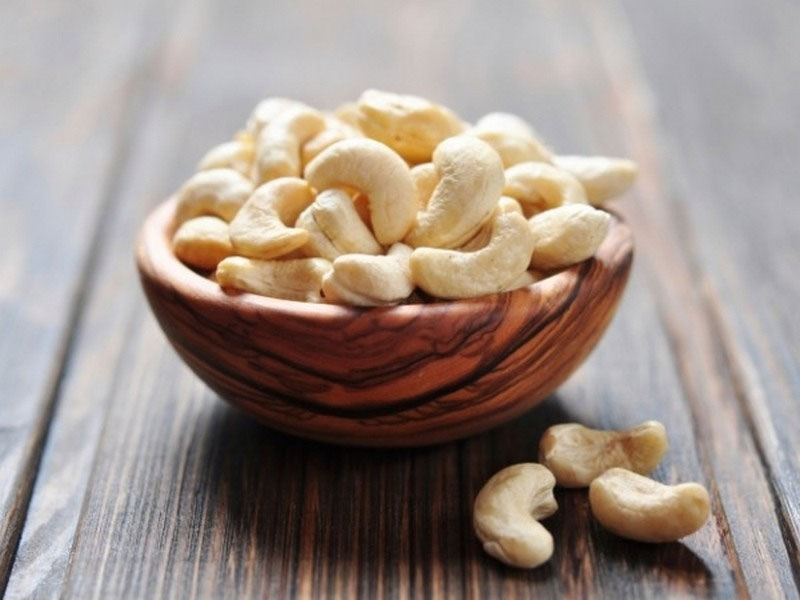
Brazil is another significant player in the global cashew export market. Although primarily known for its coffee and tropical fruits, Brazil has gradually emerged as a key cashew exporter. Brazilian cashews are recognized for their distinct flavor profile and high nutritional value. The country’s cashew industry benefits from favorable climatic conditions, particularly in the northeast region, and advanced agricultural practices.
Brazil has been steadily increasing cashew production and creating a presence in the global market with a focus on organic and sustainable farming methods. The country’s cashew sector also actively participates in international trade fairs and exhibitions to showcase its products, establish business connections, and expand market reach. The Brazilian government has implemented policies to support cashew farmers, encouraging sustainable practices and promoting exports through financial incentives.
5. Nigeria: Unlocking Cashew Export Potential
Nigeria ranks among the top cashew exporters globally, leveraging its arable land and favorable climate for cashew cultivation. The country’s cashew sector has experienced substantial growth, propelled by increased investment in processing facilities, improved cultivation techniques, and government support. Nigeria’s cashew exports are known for their high quality and unique flavor profiles.
To further promote the cashew industry, the Nigerian government has implemented policies to encourage agricultural diversification and increase export earnings. Various initiatives focus on providing training and technical assistance to cashew farmers, enhancing product quality, and improving market access. Nigeria has also invested in value addition by processing and packaging cashews locally, increasing their export value.
6. Benin: Emerging as a Reliable Cashew Supplier
Benin, a small West African country, has witnessed significant growth in cashew exports in recent years. The country benefits from a climate suitable for cashew production and a strong agricultural tradition. Benin’s cashew industry has positioned itself as a reliable supplier of high-quality cashews to global markets.
The government of Benin has made efforts to support cashew farmers by providing training, access to finance, and improved infrastructure. This support has resulted in increased productivity and enhanced post-harvest processes. Benin’s cashew exports have gained recognition for their consistent quality and traceability, meeting international food safety standards.
7. Guinea-Bissau: Cashew Industry Driving Economic Growth
Guinea-Bissau is a key player in the global cashew export market. The country’s cashew industry has seen substantial growth, driven by favorable climatic conditions, fertile soil, and supportive government policies. Guinea-Bissau’s cashew exports are known for their unique taste and consistent quality. The cashew sector plays a vital role in the country’s economy, providing employment opportunities and boosting rural development.
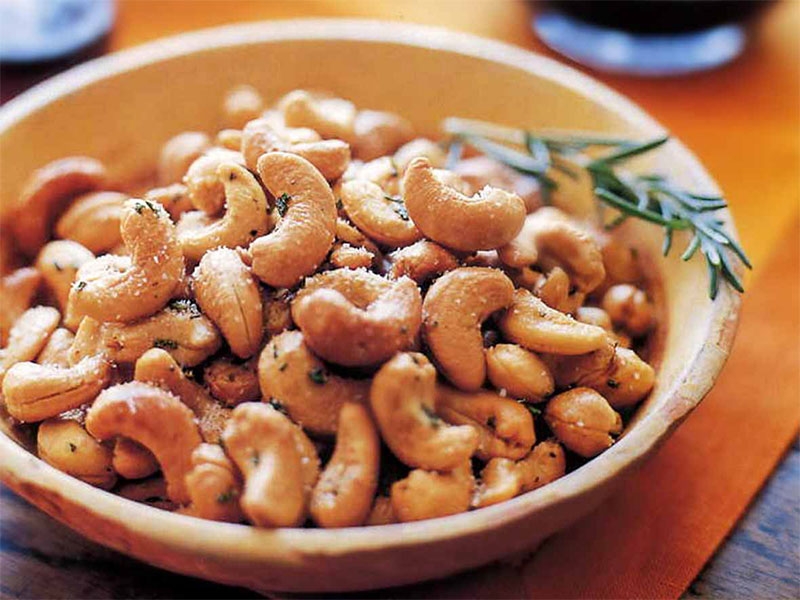
The government has prioritized investments in cashew processing facilities and infrastructure development. Efforts have been made to strengthen the capacity of cashew cooperatives, promote fair trade practices, and improve post-harvest handling techniques. Guinea-Bissau is exploring opportunities to expand its export markets and attract foreign investment to further develop its cashew industry.
Conclusion:
The top cashew exporting countries mentioned above contribute significantly to meeting the global demand for cashews. Vietnam leads the pack, followed by India, Ivory Coast, Brazil, Nigeria, Benin, and Guinea-Bissau. These nations leverage their favorable climatic conditions, advanced processing techniques, and emphasis on quality to establish a strong presence in the global cashew trade. As the demand for cashews continues to grow, these countries are poised to maintain or increase their market dominance and export volumes, ensuring a steady supply of this popular nut around the world.

